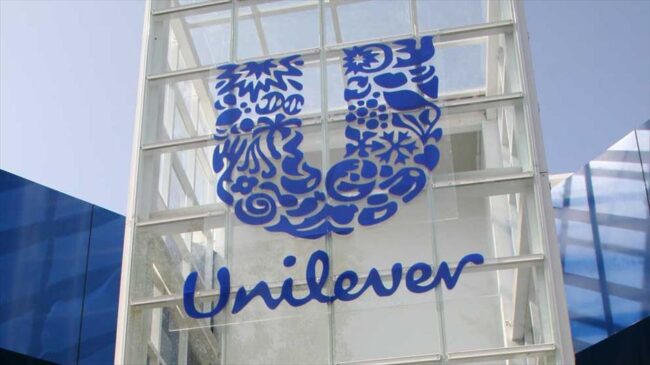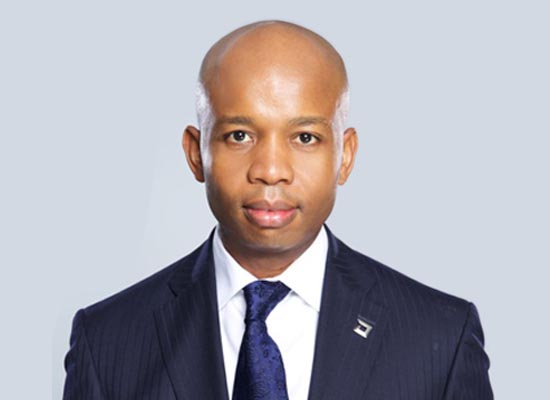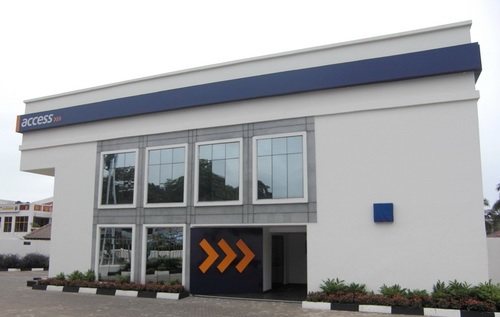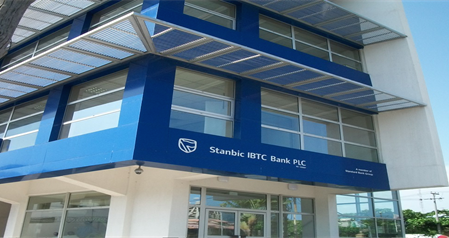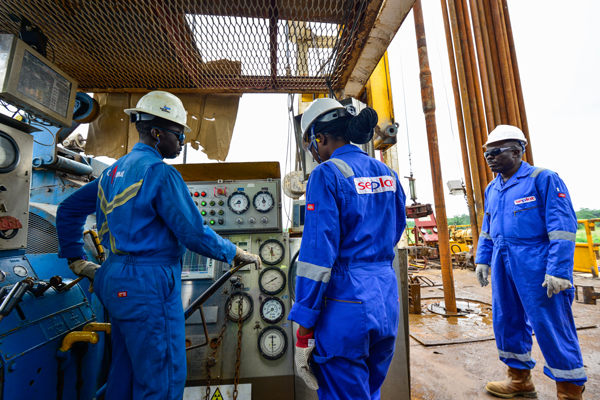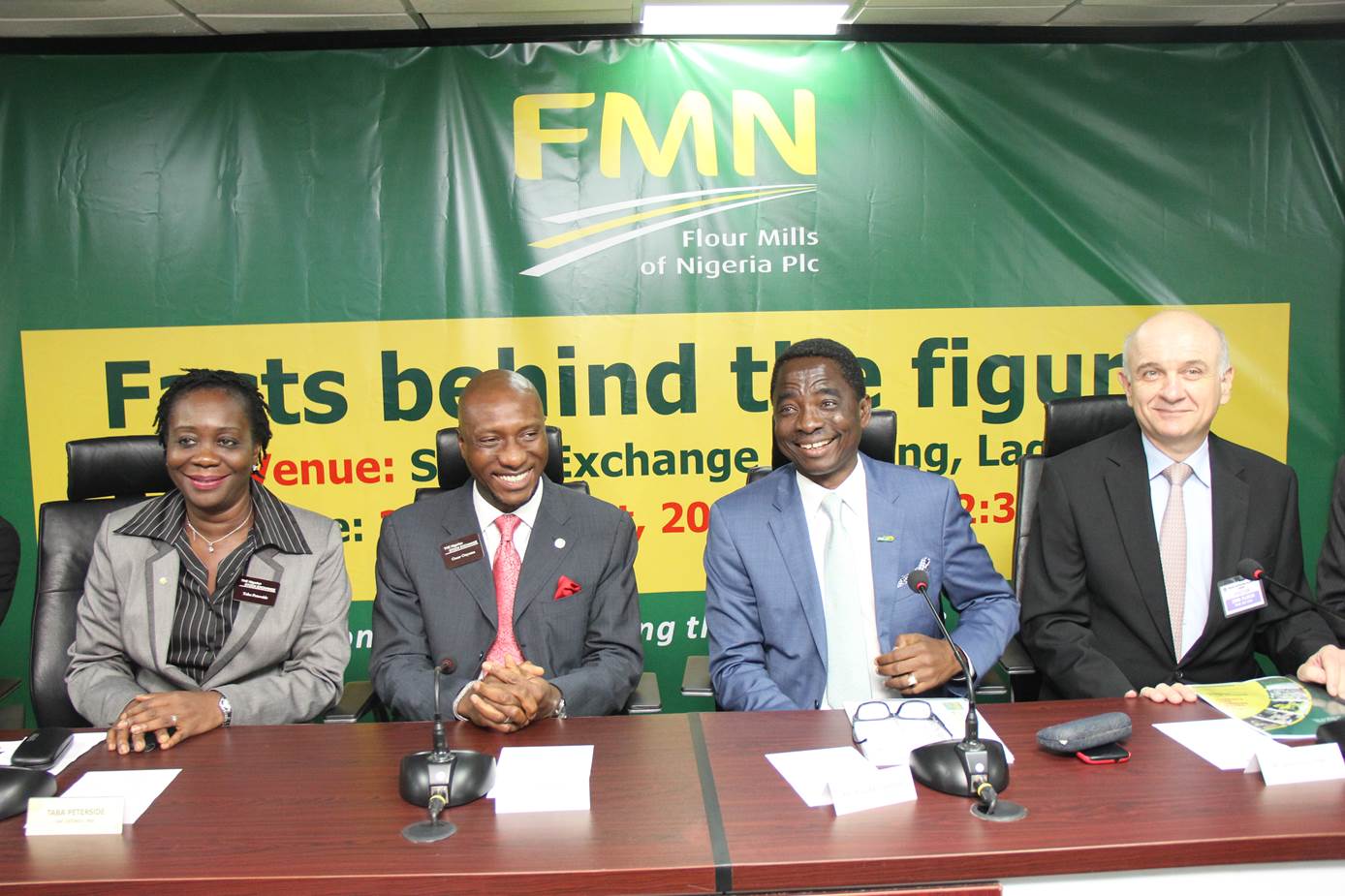Unilever Nigeria is counting gains from a three-year debt cutting programme that has given it a virtually debt free balance sheet. Interest bearing debts have dropped from N21 billion at the end of 2016 to N674 million at the end of 2017 and further to just N4 million at the end of the third quarter of 2018. Over the same period, cash and bank balances have multiplied about four times.
The changes in the balance sheet structure are paying off by way of cutting down finance expenses and building up finance income. This is yielding exceptional profit growth for the conglomerate. Profit has grown by triple digits in the past two years and the prospects for maintaining the record for the third year in 2018 are quite good.
At the end of the third quarter operations in September, finance income multiplied more than four times to N2.46 billion while finance cost fell by 90.3% to N274 million. The development was further reinforced by a windfall of N2.24 billion from other income that was completely absent last year. These favourable developments provided the strength for the company’s outstanding profit performance at the end of the third quarter.
Unilever Nigeria closed the period with after tax profit of N9.56 billion, a year-on-year advance of 98%. The profit figure is already in excess of the full year figure of N7.45 billion the company posted in 2017. After tax profit is expected to be in excess of N13 billion for Unilever Nigeria at the end of 2018.
Advertisement
With the final quarter being the critical earning period for the company, the full year profit could be bigger for Unilever Nigeria than projected. In 2017, up to 35% of the company’s full year profit figure was generated in the final quarter. The company had grown after tax profit by 158% in 2016 to end a three-year declining trend and again by 142% in 2017.
Sales revenue amounted to N72.30 billion for Unilever Nigeria at the end of September, an increase of 10.7% year-on-year. This continues to trail the sales growth records of 18% and 30% the company recorded in 2016 and 2017 respectively. The slowdown in turnover is expected to follow the company to full year to close in the region of N100 billion.
The company’s sales are generated from two broad market segments – food products and home and personal care. The food segment is leading revenue growth so far this year unlike in 2017 when home and personal care segment was the growth driver. The home and personal care segment however remains the main revenue line for the company, accounting for over 53% of sales revenue at the end of September.
Advertisement
Cost of sales grew virtually at par with sales revenue and therefore claimed a slightly increased share of turnover at 68.4%. That did not permit an improvement in gross profit margin over the review period. At N22.85 billion, gross profit improved by about 11%, down from 15.4% increase at half year.
Marketing/administrative expenses grew by 29% to N11.50 billion at the end of the third quarter, close to three times as fast as sales revenue. That consumed more than the entire increase in sales revenue during the review period.
Selling/distribution expenses grew well below sales revenue and afforded some cost saving for the company during the period. The emergence of other income of N2.24 billion provided a windfall effect on the income statement that accounted for a 20% growth in operating profit to N10.47 billion at the end of September.
The big events on the company’s income statement so far in the year remain the major favourable shifts in its finance income and expenses. The result is a shift from a net finance cost of N2.22 billion in the same period last year to a net finance income of N2.2 billion at the end of the third quarter.
Advertisement
The shift accounted largely for a 94% leap in pre-tax profit to N12.65 billion at the end of September. Growth in after tax profit has stretched out from 55% at the end of half year to 98% at the end of the third quarter.
Net profit margin has seen a big lifting from 7.4% in the same period last year to 13.2% at the end of September, improving further from 12% at the end of June 2018. This is a continuing gain in profit margin from 2% at the end of 2015 to 4.4% 2016 and further to 8.2% in 2017.
The company earned N1.66 per share at the end of September 2018, up from N1.28 kobo in the same period last year. It earned N1.78 per share at the end of 2017 and paid a cash dividend of 50 kobo per share.
Advertisement

